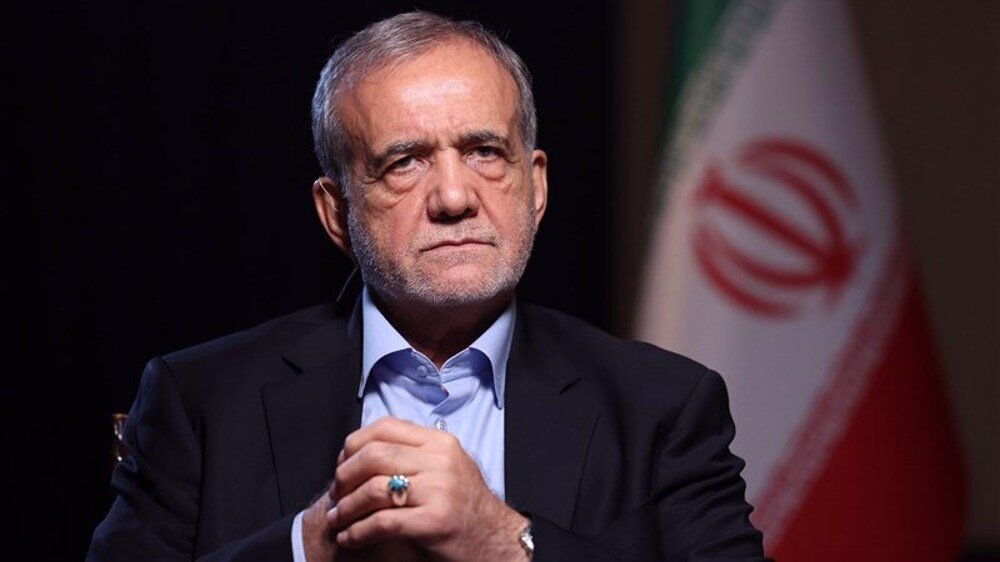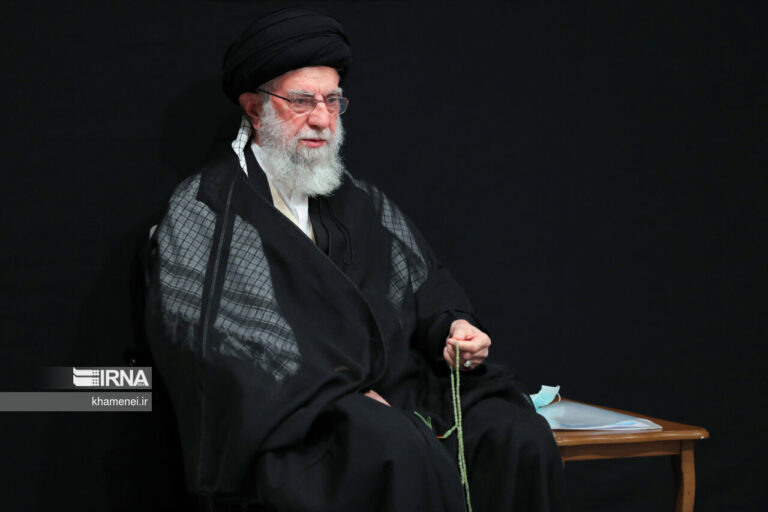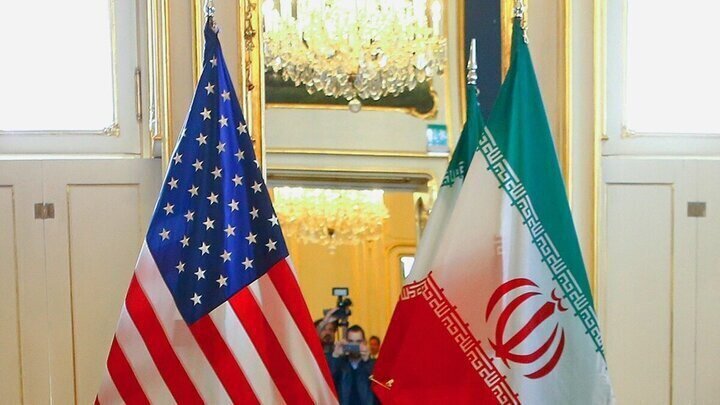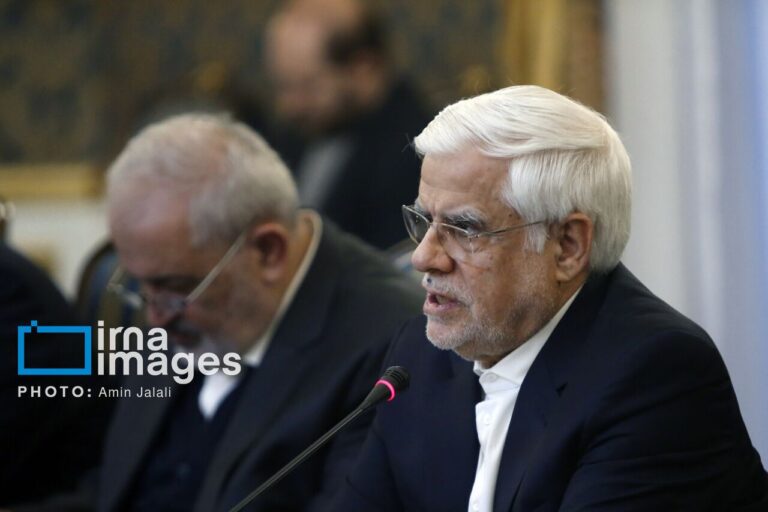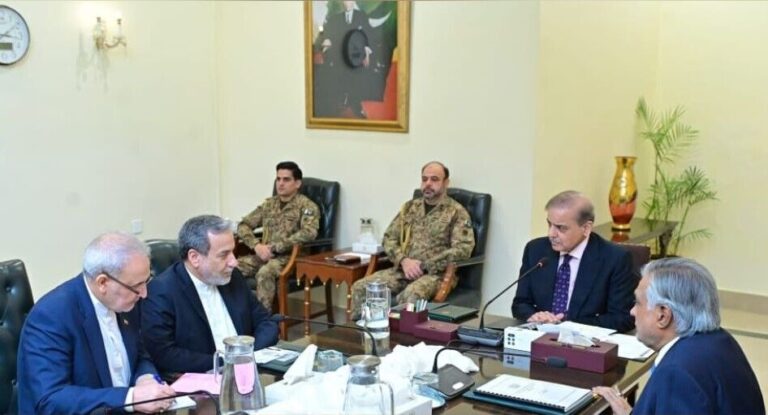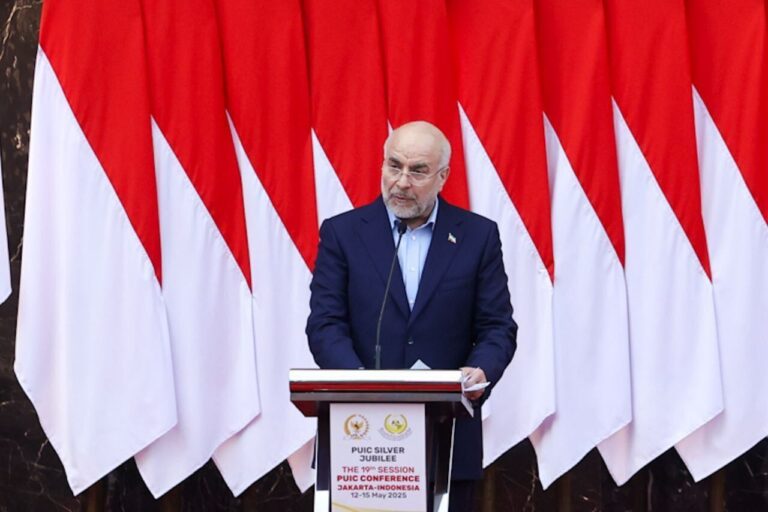Gateway to Indirect US Talks Remains Open: Opportunities for Diplomatic Engagement
In a significant cabinet session held on Sunday, Iranian official Pezeshkian expressed profound gratitude for the widespread and enthusiastic participation of the Iranian public in the recent International Quds Day rallies. This event underscored the importance of unity and resilience among Muslims globally, especially in light of the upcoming Eid al-Fitr celebrations.
Pezeshkian conveyed heartfelt congratulations to the Iranian populace and Muslims around the world, marking the occasion of Eid al-Fitr. He articulated a hopeful vision that the month of Ramadan would foster greater unity, patience, and kindness within Iranian society. The spiritual and moral lessons of Ramadan, he emphasized, should inspire improved individual and social behaviors.
In his remarks, Pezeshkian stressed the necessity of strengthening solidarity among the people, advocating for patience, forgiveness, and compassion as vital societal values. He believes that these principles are essential for overcoming challenges and fostering a more harmonious society.
Iran’s Response to Trump’s Letter
Turning to international relations, particularly the recent communication from US President Donald Trump, Pezeshkian confirmed that Iran’s official response was conveyed through Oman to the American administration. He made it clear that while Iran has firmly rejected the notion of direct negotiations with the United States, the possibility of indirect talks remains open.
“As we have stated before, Iran has never closed the channels of indirect communication,” Pezeshkian noted. “In its response, Iran reaffirmed that it does not avoid negotiations. However, it is the United States’ repeated violations of agreements and commitments that have created obstacles in this path.”
He emphasized that if the US wishes to restore negotiations, it must first rebuild trust by addressing past breaches. “It is the Americans’ approach that will determine the continuation of the negotiation path,” he added, highlighting the importance of accountability and responsibility in diplomatic relations.
Condemnation of Israeli Actions
In a strong condemnation of the ongoing violence in the region, Pezeshkian denounced the Israeli regime’s actions, particularly its relentless bombing of civilians, which continues even after ceasefire announcements. He described these actions as inhumane and unacceptable, stressing that the massacres committed by the Zionist regime must cease immediately.
- “It is absolutely unacceptable that despite international calls for a ceasefire, they continue to rain bombs on innocent civilians under the pretext of security concerns,” he stated.
- “No honorable human being can remain silent in the face of such atrocities,” he declared, emphasizing the moral obligation to respond to human rights violations.
Pezeshkian called for greater unity among Muslim nations, asserting that solidarity and cooperation among Islamic countries are critical to countering such brutalities. He believes that a unified front is essential to address the ongoing injustices affecting the region.
He concluded his remarks with a heartfelt prayer for an end to violence and oppression, expressing hope that Muslim nations would unite against the injustices faced by their communities. The call for cooperation and mutual support among Islamic nations resonates strongly in the current geopolitical climate, where challenges abound.
As the world watches these developments unfold, the emphasis on unity, patience, and compassion within Iranian society and among Muslim nations remains more crucial than ever. The ongoing dialogue surrounding Iran’s diplomatic stance and the broader implications of regional conflicts will continue to shape international relations in the coming months.
In summary, Pezeshkian’s address not only highlights the internal calls for unity and moral fortitude but also positions Iran’s stance in the complex landscape of international diplomacy. By advocating for indirect negotiations while emphasizing the need for trust and accountability, Iran seeks to navigate its relations with the United States and address regional challenges collaboratively.
